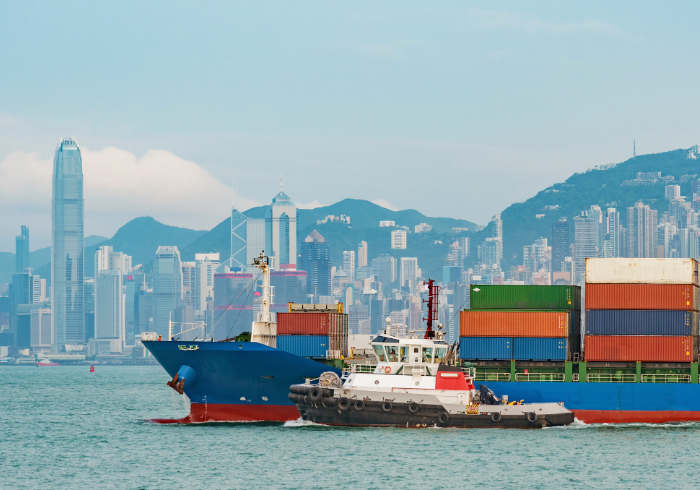US banks have steadily lost ground in the Asian corporate trade finance market, new research suggests, in a shift driven by the impact of Washington’s tariffs on China and local lenders boosting their capabilities.
The share of Asia-headquartered corporates saying they use a US bank for trade finance fell from 31% to 23% between 2017 and 2025, according to an October 14 report from Crisil Coalition Greenwich, with an even more pronounced drop among China-headquartered companies.
“That shift reflects a clear and intentional decision on the part of Chinese companies to scale back their relationships with US banks following [President Donald] Trump’s imposition of tariffs in his first term,” Coalition said in the report, which examines the impact of tariffs on trade finance in Asia.
Trump hit some Chinese exports with tariffs of up to 25% during his previous stint in the White House from 2017 to 2020, which were largely matched by similar measures from Beijing.
Average US tariffs on Chinese goods imports are now 57.6%, according to The Peterson Institute for International Economics, although talks between the two countries are ongoing.
But in Asia more broadly, Coalition said the apparent shift away from US banks has been “first and foremost” driven by locally headquartered lenders “building out their own capabilities and winning corporate relationships”.
Fully 37% of Asian corporates surveyed by Coalition said they were using a local bank as their lead trade finance provider.
But banks based outside the region still command a significant share of business, with only slightly more than a third of corporates saying their “lead” trade finance provider is an Asian financial institution.
HSBC and Standard Chartered both have significant market share in Asia but are headquartered in London.
Unfazed by tariffs
Coalition conducted 789 interviews between April and July this year with large corporates in all major East Asian markets.
Most interviewees told researchers they were largely unconcerned by tariffs slapped on Asian trading partners by Trump earlier this year, because they had already prepared for geopolitical and trade volatility after experiencing his first term in office.
Just over half of large companies surveyed believe new US tariffs will have “little or no impact”, because the firms have already diversified both their supply chains and export markets. Although almost 60% of surveyed firms reported having “no strategy” for navigating higher tariffs.
In China, many companies reported that their exports have proved resilient because their US customers currently have few alternative sourcing options.
In countries such as India, some companies said the tariffs may have a net positive effect because raw materials from China are cheaper. However, the survey was conducted before Washington introduced 50% levies on most imports from India.
Speaking at GTR Asia in September, HSBC’s head of trade and working capital for Asean and south Asia Runa Baksi noted that the region “has been in the centre of supply chain shifts for a while now, whether it was diversification in the pandemic era to now, [with] geopolitics and tariffs driving these shifts”.
The most adverse reaction to the tariffs was reported in South Korea, a US ally that was taken aback to be targeted by Trump’s trade policies. Although the two countries struck a deal in August limiting tariffs on most South Korean imports to 15%, Coalition said “even that new duty represents a significant change to the export business models of South Korean companies”.
“Because they had not anticipated tariffs at this level, these companies had not taken steps to diversify their businesses and operations – a strategy that has been pursued aggressively by companies in China and other Asian countries.”
Asked how banks can help them navigate tariffs, just over a quarter of corporates said they would like to receive timely advice, including on FX trends and the broader market situation.
But the trade uncertainty has not eroded companies’ chief concern: competitive pricing and flexibility of terms were nominated as the most important factors when selecting trade and supply chain finance providers.
Tariffs have also not had any impact on the pace of trade finance digitalisation in Asia, the Coalition survey suggests. Companies professing to be “heavy users” of third-party trade finance platforms remained at a meagre 2%, although the number reporting heavy usage of bank platforms rose to 50%.







